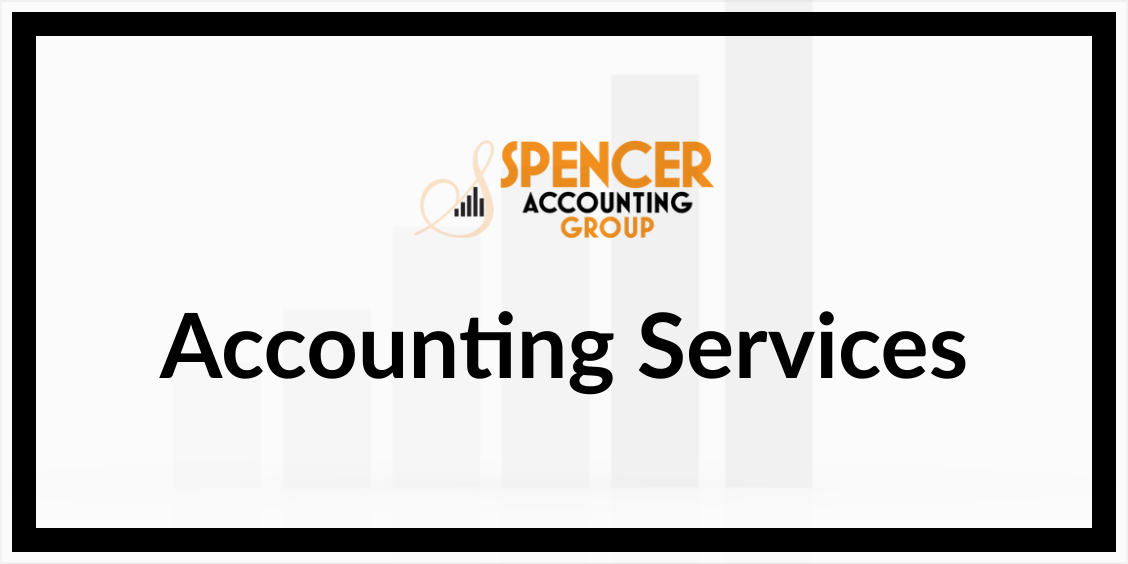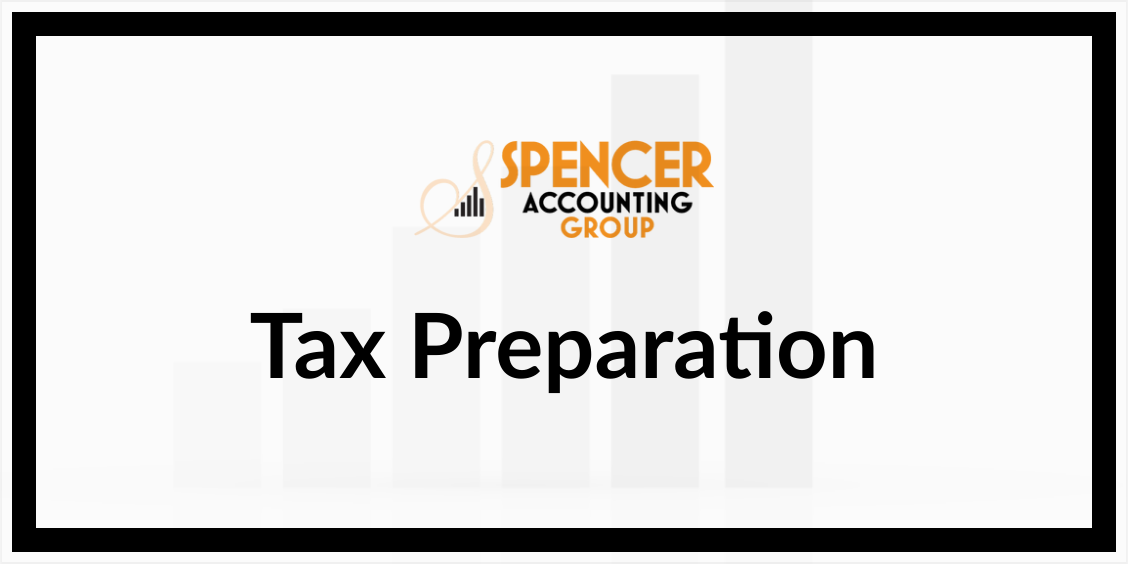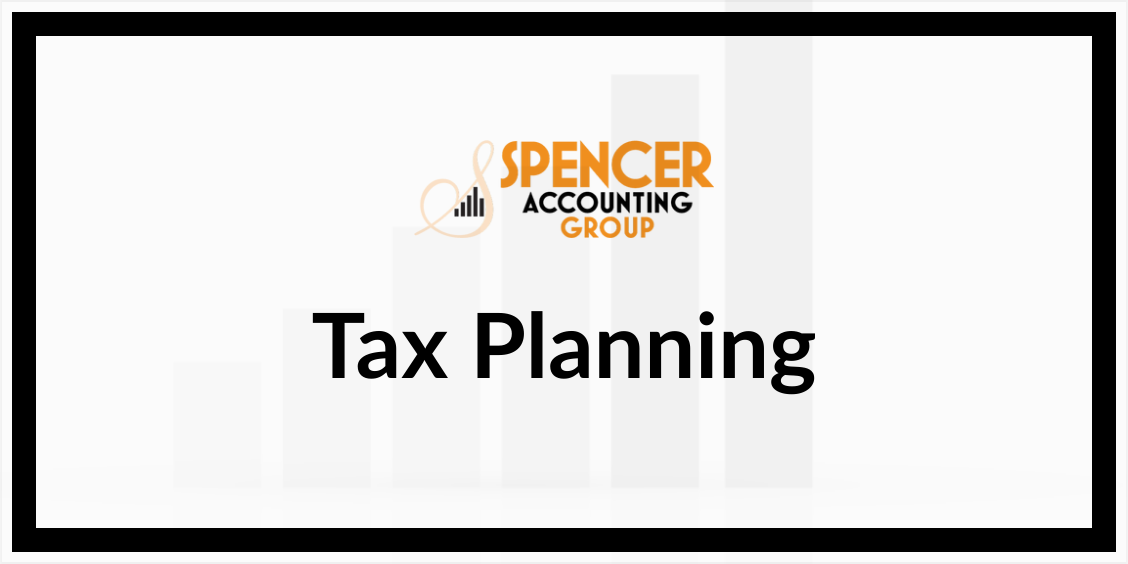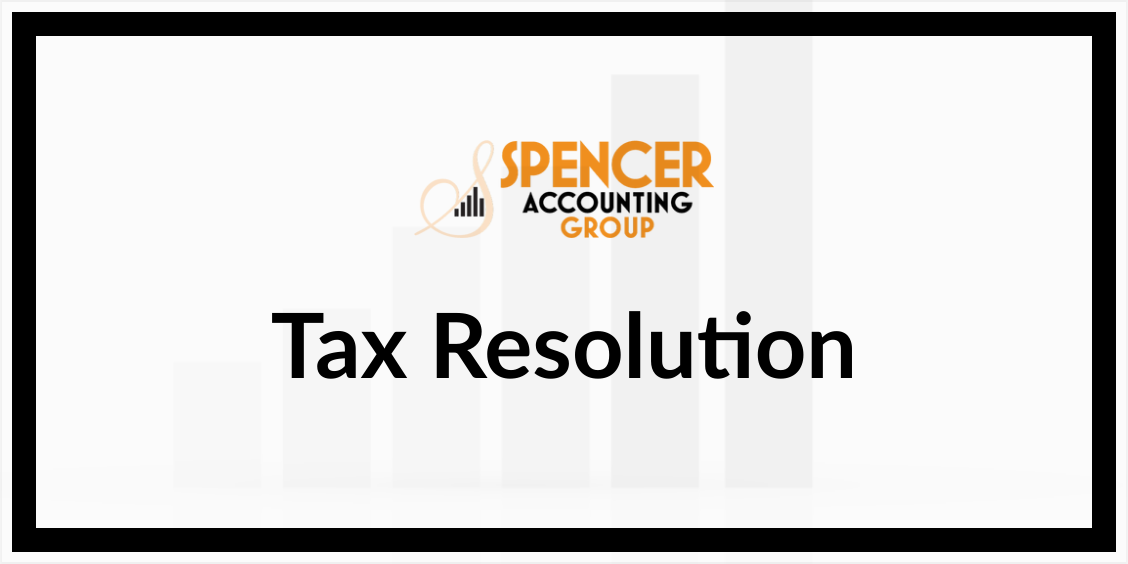|
Code §179 Property Defined as new or used depreciable tangible §179 property that is purchased for use in the active conduct of a trade or business (Code §179 (d)(1)). TCJA 2017 modified Code §179, where the deduction limitation has increased, qualified real property expensing has expanded, lodging facility property is now eligible and $25,00 limit on SUV's inflation has been adjusted. We Now, have covered the actual law for Qualified Real Property Expenditure. Let's shed some light on it! Service Businesses Remember, new tax code Section 199A offers you a 20 percent tax deduction gift if you have
But once your taxable income is greater than the relevant amount listed above (which Section 199A calls a “threshold”), your Section 199A tax deduction becomes more complicated. Under the rules that apply to this new Section 199A tax deduction, the tax code creates two types of businesses:
If you own an out-of-favor specified service trade or business, you suffer a zero Section 199A tax deduction on that business’s out-of-favor income when you have 1040 taxable income greater than $415,000 (married, filing jointly) or $207,500 (filing as single or head of household). With taxable income greater than the $315,000/$157,500 threshold and less than the $415,000/$207,500 upper limit, Section 199A reduces the tax deduction available to your out-of-favor specified service trade or business. This brings us to the question: What if your taxable income is above the limit, but your pass-through business has one part that’s out of favor and another part that’s in favor? You will like what the rules have done for you if you are in this situation. The new regulations make it clear that it is possible for you to benefit from the de minimis rule. The rule. If the trade or business has annual gross receipts of $25 million or less, it is an in-favor business if it gets less than 10 percent of its gross receipts from an out-of-favor specified service trade or business, such as (among others) law, consulting, accounting, and health care. If gross receipts are greater than $25 million, substitute 5 percent for the 10 percent.
0 Comments
Leave a Reply. |
We're Here to HelpGet advice from our experienced network of financial managers. If you Value our Blog, We have an ask.We spend hours researching data to help you understand your finances and taxes, including historical context, issues, and solutions. Our goal is to empower people to improve their relationship with money. Please consider a $3 donation today. Important Disclosures
Spencer Accounting Group, LLC does not provide investment, tax, legal, or retirement advice or recommendations in these blogs. The information presented here is not specific to any individual's personal circumstances. AuthorKeana Spencer is an Accountant, Entrepreneur, and Educator to her clients, with a strong passion. Keana has over 10 years of experience and through her practice, she is a source of knowledge and strategies to her clients. |


 RSS Feed
RSS Feed




